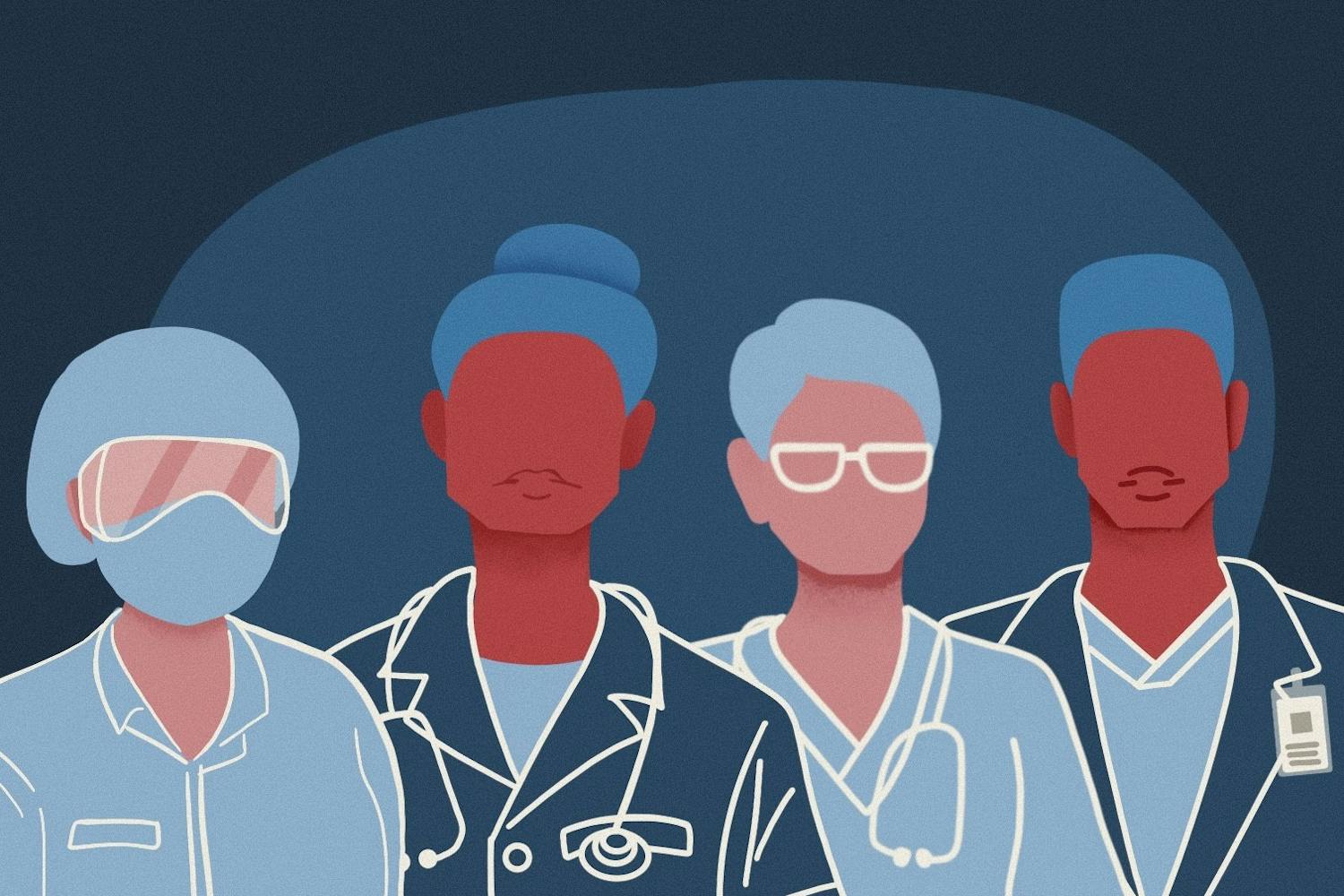Twenty-four Phoenix community leaders were sworn into a committee Wednesday that will work to end HIV as a major public health threat by 2030.
The new committee members will be working on behalf of Phoenix, one of the 11 cities in across the nation apart of the Fast-Track Cities Initiative, a global effort to combat the disease.
The Fast-Track Cities Initiative, which was launched on World AIDS Day in 2014, is a worldwide initiative led by mayors and city governments from more than 50 high-HIV burden cities around the world, according to the International Association of Providers of AIDS Care.
The initiative’s three goals are simple: make 90 percent of people with HIV aware that they have the disease, get treatment for 90 percent of those people who know they have the virus and help 90 percent of people living with the disease suppress the virus and live a healthy life.
Phoenix Mayor Greg Stanton and the Phoenix City Council announced their part in the initiative in October 2016 and Wednesday swore in leaders from the valley who will help the city’s efforts.
"The plan approved last fall was for a committee to be named to create the action plan," said David Urbinato, a spokesman for the Phoenix City Council, in an emailed statement. "They will then come back and present a plan to council."
One of the committee members, Kenja Hassan, is the director of Cultural Relations and Special Projects at ASU.
“I’m pretty proud of Phoenix for joining something that’s international,” Hassan said. “(HIV) is an ongoing threat not just to the United States, but all over the world.”
Hassan said millennials ages 20 to 35 have seen the "greatest proportion of new cases" of the disease in the state.
"We’ve got to reduce its impact, but it’s still out there,” Hassan said. “It can come back and claim lives … it could become a mega threat again."
Hassan said the reason people unknowingly live with the disease is because there continues to be a stigma about HIV.
"HIV seems to have a strong stigma still, and I think that’s a big reason why people have it and share it with others," she said. "It’s why people don’t get tested."
Hassan said specific duties of the committee aren’t established yet, but she’s honored to implement some of her research while working on this committee.
"I’m just happy we’re doing it as a city," she said. "I’m excited to be part of it however it takes shape."
Anastasia Cossette, a global health junior and a member of Health, Empowerment, Aid and Light International, echoed Hassan’s concerns about the virus.
"The (country’s) history with facing the HIV epidemic has been long and filled with injustice," Cossette said. "Unfortunately, today that stigma still greatly exists even though there is testing, effective treatment, PreP, and people can live long, healthy, beautiful lives with HIV."
Cossette said the best thing for college students to do is to get tested for sexually transmitted diseases and infections regularly.
"Knowing your status is power," Cossette said. "That's one of the most powerful things someone can do, and millennials should do. The only way to know if you have HIV is to get tested."
Cossette said global change and awareness starts with getting tested.
"If we live in a community where it's not shameful to have HIV, beautiful change could really occur," she said.
Reach the reporter at politics.statepress@gmail.com or follow @alliebice on Twitter.
Like State Press on Facebook and follow @statepresss on Twitter.




